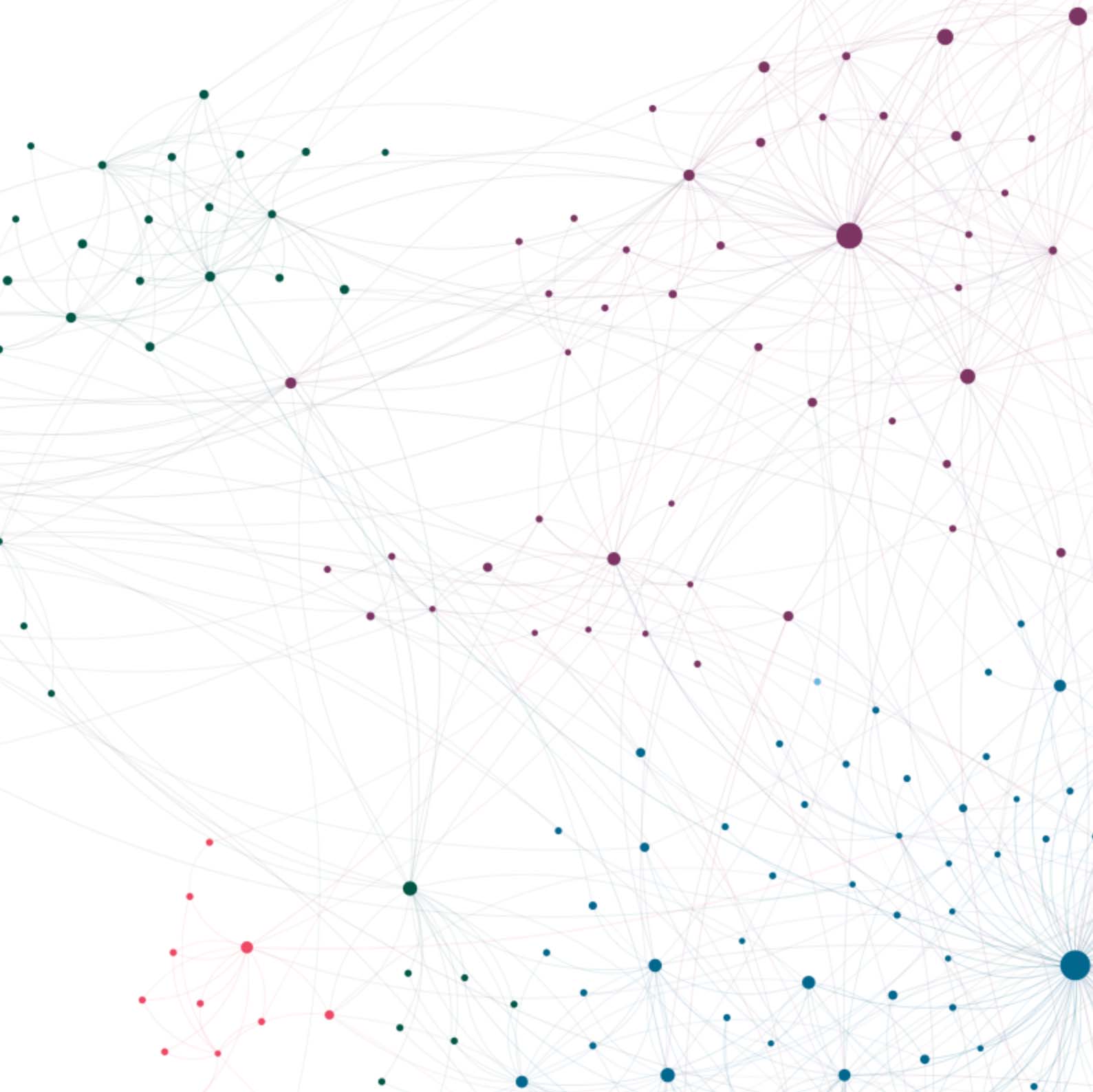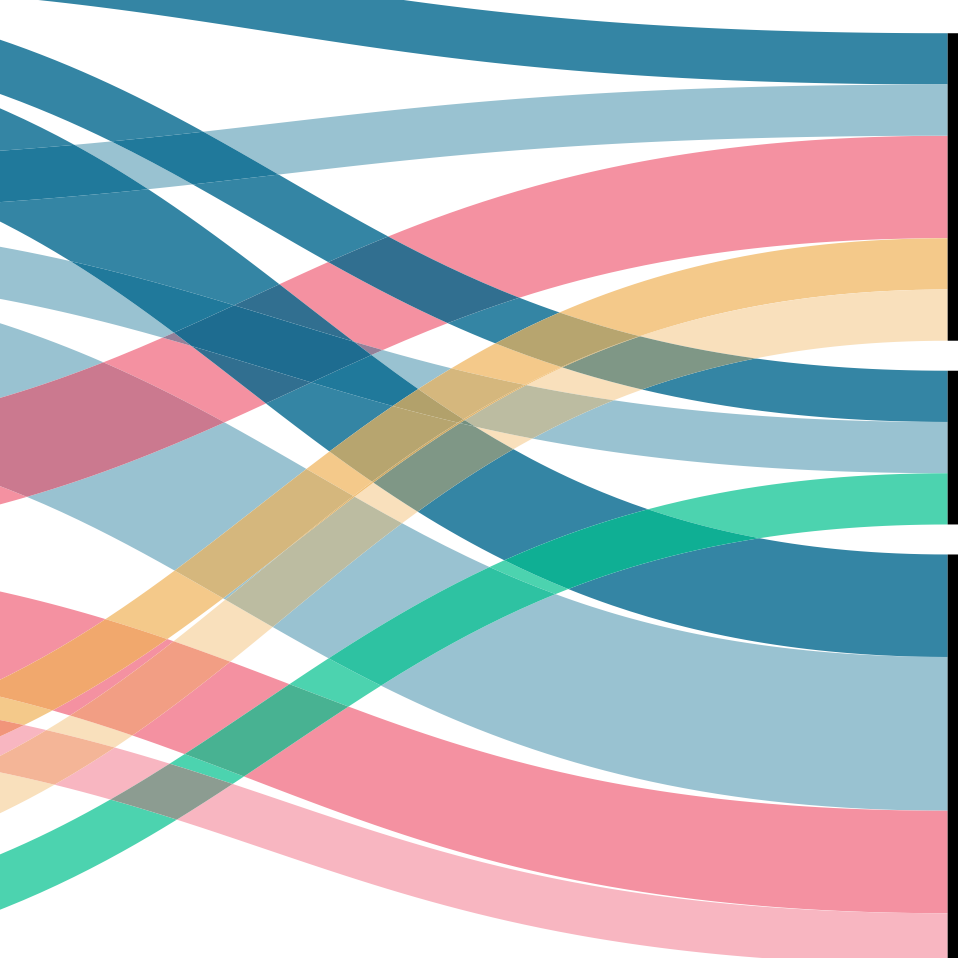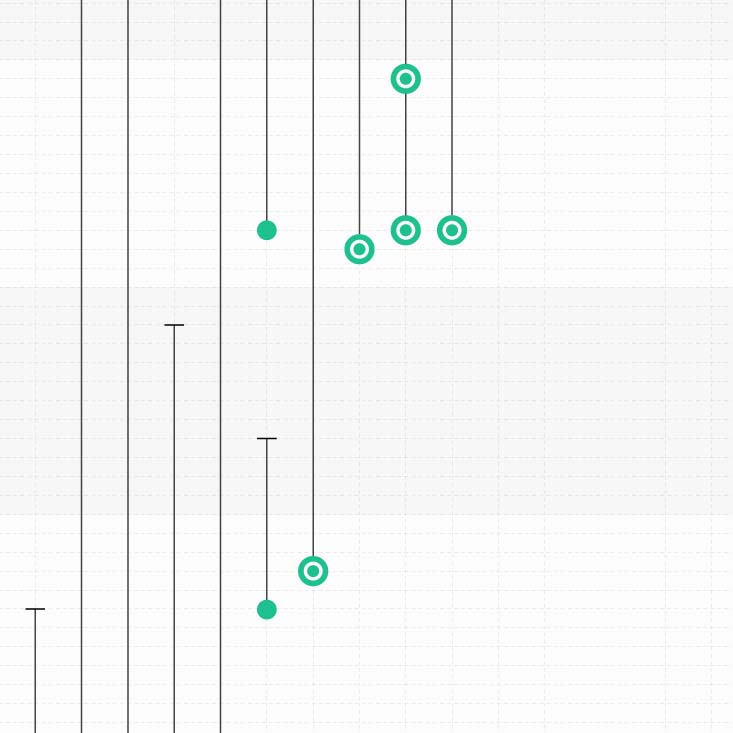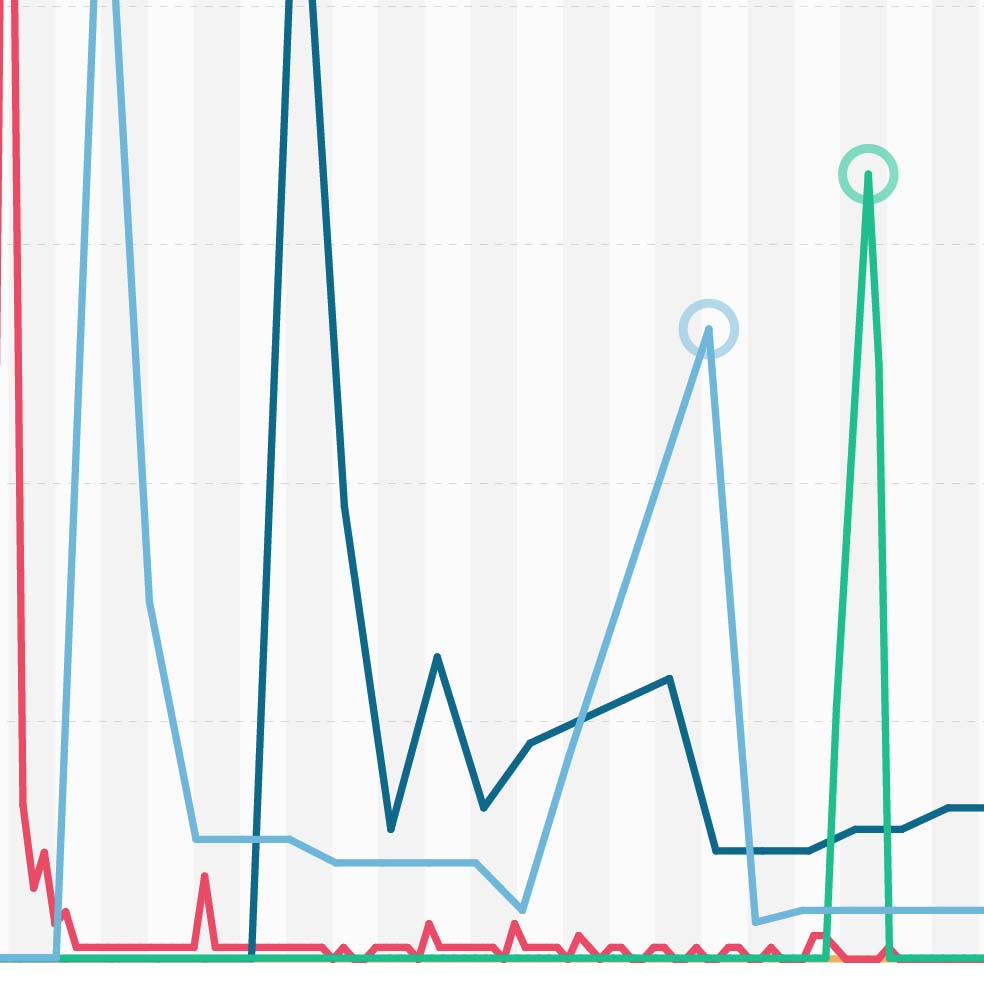The Right to be forgotten is the right related to personal data protection, it can be defined as the right of the owner of a piece of information to delete or de-index it from search engines, when considered outdated and affecting personal fundamental rights.
Regarding this particular aspect of the law, some important events occurred in the last few years:
-
30 OCT 2000 | Habeas Data proclamation (Law about personal data protection)
27 MAR 2005 | Italian Data Protection Authority ruling about Right to be forgotten
13 OCT 2010 | Chartes du droit à l’oubli numérique
25 JAN 2012 | Reding’s proposal is to be applied by 2015
13 MAY 2014 | European Court ruling (Costeja case)
The aim of the research was to identify how this topic is debated on the web, what are the elements that are more controversial and how they are treated by the main speakers.
While in the beginning it wasn’t a very debated topic, it became so in the last year, after the European Court of Justice ruled on the Costeja vs. Google Spain Case, in which the search engine was declared responsible for the information it provides.
The ruling of the European Court of Justice established a vague set of rules that search engines are bound to follow from now on, as to say: if you are to be considered a public figure or not, if the piece of information is outdated or still relevant, if said information is of public interest. With no specific line to follow, Google became the main “censor” of the web, with no intention of being so, but bound to.
Given the vital importance of Google on the web, this ruling highlighted the main fear against the Right to be forgotten, namely the fact that the freedom of information may be overcome by censorship.
The right to be forgotten can be considered as an attempt to contain the liquidity of the web.
The other side of the coin of this right is the Streisand Effect, as to say, the fact that the more you ask that information about you is to be removed, the more the web talk about the fact that you want some information about you to be cancelled, leading eventually to people knowing about what you want others to forget.
The Streisand Effect is the proof of said liquidity: since the internet is a "flux" of information, trying to contain it leads to the opposite result, in which the information multiply and fuel itself even more. This liquidity is shown in both the WIkipedia and Google environments analysis, where in the former we saw how the discussion in an open platform self-organizes and creates a net of connections, while in the latter it proved how the more you ask for oblivion the more people talk about you.
The de-indexing by search engines is an effort to push the boundaries between the major themes of this controversy, namely Online Privacy and Freedom of information, in favor of the first one. However, the particular "liquid" state of the Freedom of information on the internet makes this de-indexing a non solution.





